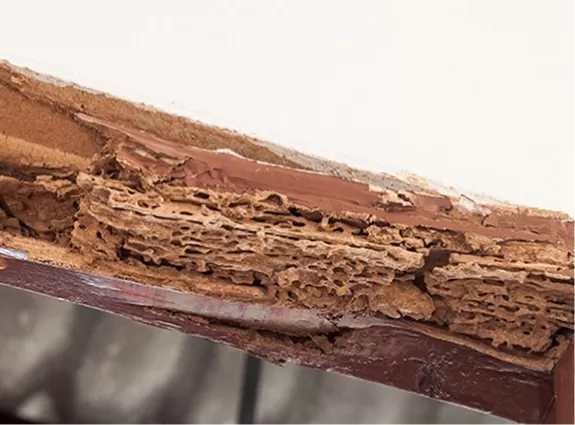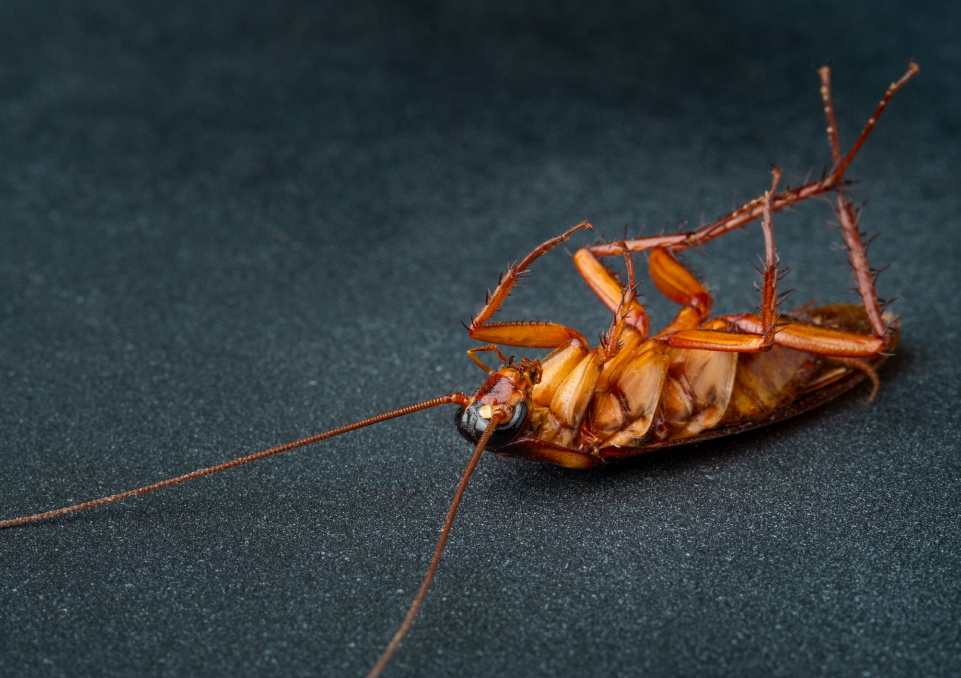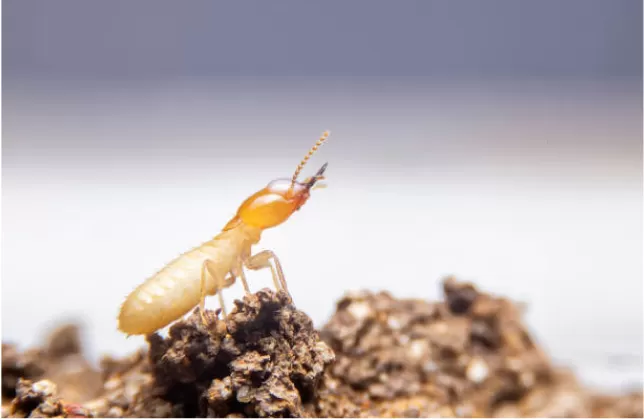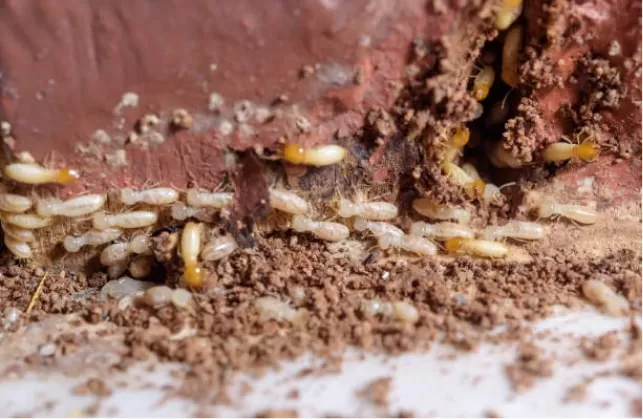Mosquitoes are not just a nuisance; they are carriers of deadly diseases like malaria, dengue, and Zika virus. While chemical insecticides and repellents are effective at keeping mosquitoes at bay, they often come with health risks and environmental consequences. A natural alternative is to incorporate mosquito-repelling plants into your home. These plants not only add beauty to your indoor spaces but also offer a fragrant and effective way to control mosquitoes without the use of harmful chemicals.
In this article, we’ll explore the best mosquito-killing plants that can be grown indoors, offering a pest-free and eco-friendly solution for your home.
Mosquito-Killing Plants to Grow Indoors
1. Citronella (Cymbopogon nardus)
Citronella is perhaps the most well-known natural mosquito repellent. It’s the source of the essential oil used in many commercial mosquito-repellent products such as sprays, candles, and lotions. The plant’s strong lemon-scented oils are unpleasant to mosquitoes, making them flee.
Benefits of Growing Citronella Indoors:
- Effectiveness: The oils in the plant are highly effective at repelling mosquitoes. If grown in a pot and placed near windows or entry points, it can serve as a natural barrier to mosquitoes.
- Aromatic: Citronella has a fresh citrus aroma, which can also be soothing for the household.
- Care Tips: Citronella requires bright, indirect light and a well-drained potting mix. It should be watered when the top inch of soil is dry.
Best Placement Indoors:
Place your potted citronella plant near windows, doors, or any potential entry points for mosquitoes. You can also crush its leaves to release more of its oils when you’re sitting near it.
2. Lavender (Lavandula angustifolia)
Lavender is a beautiful, fragrant herb known for its calming properties, but it also works as an excellent mosquito repellent. Mosquitoes dislike the strong scent of lavender, especially the essential oils in its leaves and flowers.
Benefits of Growing Lavender Indoors:
- Multi-purpose: Lavender not only repels mosquitoes but can also add a touch of calmness to your home, improving air quality and acting as a sleep aid.
- Aesthetic Appeal: The plant’s purple blooms add a decorative element to any indoor space.
- Care Tips: Lavender thrives in sunny windowsills. It needs at least six hours of direct sunlight each day and well-drained soil. Avoid over-watering, as it prefers a drier environment.
Best Placement Indoors:
Lavender does best in a sunny spot, preferably near a window with direct sunlight. It can be placed on windowsills, countertops, or in living spaces where natural light is abundant.
3. Lemon Balm (Melissa officinalis)
Lemon balm is a member of the mint family with a strong lemon scent that mosquitoes find offensive. The plant’s essential oils are known to be effective at keeping mosquitoes at bay.
Benefits of Growing Lemon Balm Indoors:
- Repellent: Lemon balm’s citrusy scent can deter mosquitoes and other flying insects.
- Medicinal Uses: Besides being a mosquito repellent, lemon balm has medicinal properties and can be used to make soothing teas for anxiety or insomnia.
- Care Tips: Lemon balm prefers indirect light and should be watered regularly. Make sure it’s in a well-drained pot to prevent root rot.
Best Placement Indoors
Like citronella, lemon balm can be placed near doors and windows to prevent mosquitoes from entering. Additionally, you can crush its leaves to release a stronger scent when needed.
4. Catnip (Nepeta cataria)
Catnip is not just for felines; it’s also a powerful mosquito repellent. Studies have shown that catnip is more effective at repelling mosquitoes than DEET, the active ingredient in many chemical insect repellents. The plant releases nepetalactone, a compound that drives mosquitoes away.
Benefits of Growing Catnip Indoors:
- Highly Effective: Catnip is one of the most potent natural mosquito repellents available.
- Easy to Grow: It’s a hardy plant that doesn’t require much maintenance.
- Care Tips: Catnip prefers bright light and well-drained soil. Water it moderately, and trim it regularly to promote new growth.
Best Placement Indoors:
You can place catnip in living areas, near windows, or on patios to repel mosquitoes. If you have a cat, just be mindful of where you place it, as they might nibble on the leaves!
5. Basil (Ocimum basilicum)
Basil is a popular culinary herb with a dual purpose: it can be used in the kitchen and is also known to repel mosquitoes. The essential oils in basil, especially the variety “Ocimum gratissimum”, are particularly effective against mosquitoes.
Benefits of Growing Basil Indoors:
- Culinary and Mosquito Repellent: Basil not only enhances your dishes but also keeps mosquitoes away. You get the dual benefit of fresh herbs and a pest-free home.
- Natural Air Freshener: Its strong fragrance can refresh any indoor space.
- Care Tips: Basil thrives in warm, sunny spots. It requires a lot of light, so place it near a sunny window and water it regularly.
Best Placement Indoors:
Place basil in your kitchen, dining area, or near windows. Its fresh, peppery scent will enhance the room while keeping mosquitoes away.
6. Rosemary (Salvia rosmarinus)
Rosemary is another herb with a strong, woody scent that mosquitoes dislike. It also contains cineole, camphor, and other compounds that are effective at repelling insects.
Benefits of Growing Rosemary Indoors:
- Effective Repellent: Its strong scent can deter not just mosquitoes but also other pests like flies and moths.
- Versatile: Rosemary can be used in cooking, offering the benefit of fresh herbs along with pest control.
- Care Tips: Rosemary thrives in well-drained soil and requires plenty of sunlight. Make sure to give it regular, but not excessive, water.
Best Placement Indoors:
Place rosemary in a bright room, preferably near a south-facing window. It’s perfect for the kitchen or living room, where it can double as a decorative and useful herb.
7. Marigolds (Tagetes spp.)
Marigolds are vibrant, cheerful flowers that add a pop of color to any indoor garden. They also contain pyrethrum, a compound used in many commercial insect repellents. The pungent scent of marigolds drives mosquitoes away.
Benefits of Growing Marigolds Indoors:
- Colorful and Functional: Marigolds are beautiful to look at and effective at repelling mosquitoes.
- Easy to Grow: They’re relatively easy to maintain and can thrive in indoor pots.
- Care Tips: Marigolds need bright light and well-drained soil. Water them when the top of the soil feels dry, but avoid overwatering.
Best Placement Indoors:
Place marigolds near windows or doorways to prevent mosquitoes from entering your home. They also make great additions to living areas for a splash of color.
8. Mint (Mentha spp.)
Mint is another herb that serves as a natural mosquito repellent. Its strong menthol scent irritates mosquitoes, making it an effective indoor plant for pest control.
Benefits of Growing Mint Indoors:
- Effective Repellent: Mint can deter mosquitoes, ants, and other insects from your home.
- Culinary Use: It’s perfect for teas, salads, and garnishes, making it both functional and edible.
- Care Tips: Mint prefers indirect light and moist, well-drained soil. It’s also important to trim it regularly, as mint grows quickly.
Best Placement Indoors:
Mint can be placed in your kitchen or near windows to repel mosquitoes. It’s also great for patios and balconies.
Final Tips for Growing Mosquito-Repelling Plants Indoors
- Proper Lighting: Most mosquito-repelling plants need bright, indirect sunlight to thrive. Ensure they are placed near windows or in well-lit areas of your home.
- Regular Care: Water your plants as needed, ensuring that the soil is well-drained. Overwatering can cause root rot, while under-watering may stunt their growth.
- Using Plants Effectively: For maximum mosquito-repelling effect, consider crushing the leaves occasionally to release the essential oils. You can also create a DIY repellent spray by boiling the leaves in water and using the strained liquid as a natural insect spray.
By incorporating these mosquito-repelling plants into your home, you can enjoy a pest-free indoor environment while enhancing your space with beautiful, fragrant greenery. Not only will you reduce your dependence on chemical insecticides, but you’ll also create a healthier and more pleasant living space for yourself and your family.
For a more comprehensive mosquito control solution, consider consulting with a professional pest control company in Singapore. While mosquito-repelling plants can be effective, partnering with experts will provide you with thorough, targeted treatments to keep mosquitoes at bay. A trusted pest control provider can offer advanced solutions tailored to your home’s needs, ensuring long-lasting protection. Take the next step toward a healthier, mosquito-free environment—reach out to a local pest control company today.







